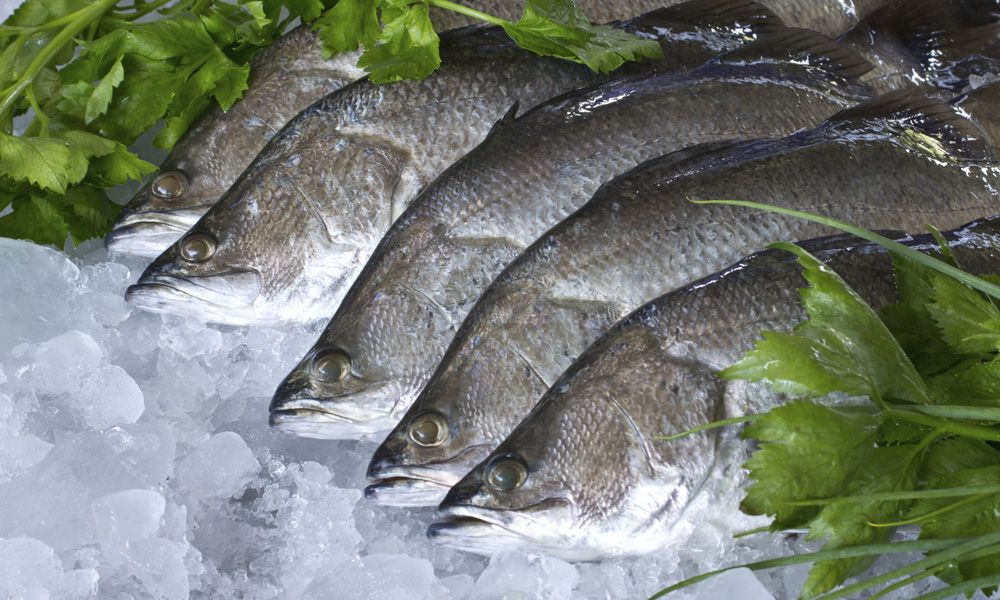
Fishy Business: Group Cracks Down on Seafood Fraud
A new report sheds light on the widespread incidence of mislabeled seafood—a problem the Better Seafood Board is trying to reel in.
Nearly 40 percent of seafood sold in New York City restaurants, grocery stores, and sushi venues and examined in a recent investigation was mislabeled, according to a report released this week by the conservation organization Oceana.
Traceability, tracking fish from boat to plate, will ensure that seafood is safe, legal, and honestly labeled while preventing consumers from getting ripped off.
“Everywhere we look, we find seafood fraud, and New York City is no exception,” Beth Lowell, campaign director at Oceana, said in a statement. “Seafood fraud is a national problem that requires national attention. Traceability, tracking fish from boat to plate, will ensure that seafood is safe, legal, and honestly labeled while preventing consumers from getting ripped off. ”
Oceana found similar levels of fraud in Los Angeles (55 percent), Boston (48 percent), and Miami (31 percent). The report was featured Tuesday on NBC’s Today show:
http://www.youtube.com/watch?v=e2o5aD0NdXk
Oceana found that cheaper fish was swapped for more expensive varieties. In some cases, the “imposter” fish was deemed unsafe: Tilefish, for example, substituted for red snapper, is on the Food and Drug Administration’s do-not-eat list because of its high mercury content.
“When we’re talking about something like seafood fraud, it’s something that really has the potential to touch all aspects of the value chain,” said Gavin Gibbons, spokesman for the National Fisheries Institute.
NFI created the Better Seafood Board in 2007 to crack down on fraud in the industry. The BSB brings together the entire seafood industry and provides an avenue to both members and nonmembers to report fraud.
The BSB will blow the whistle to regulators when it receives evidence of seafood fraud. “And then there are checks and balances internally,” said Gibbons. “If allegations are made against members of the BSB, we will work to investigate those allegations and resolve them.”
How has your association helped regulate within your industry? Let us know in the comments.






Comments